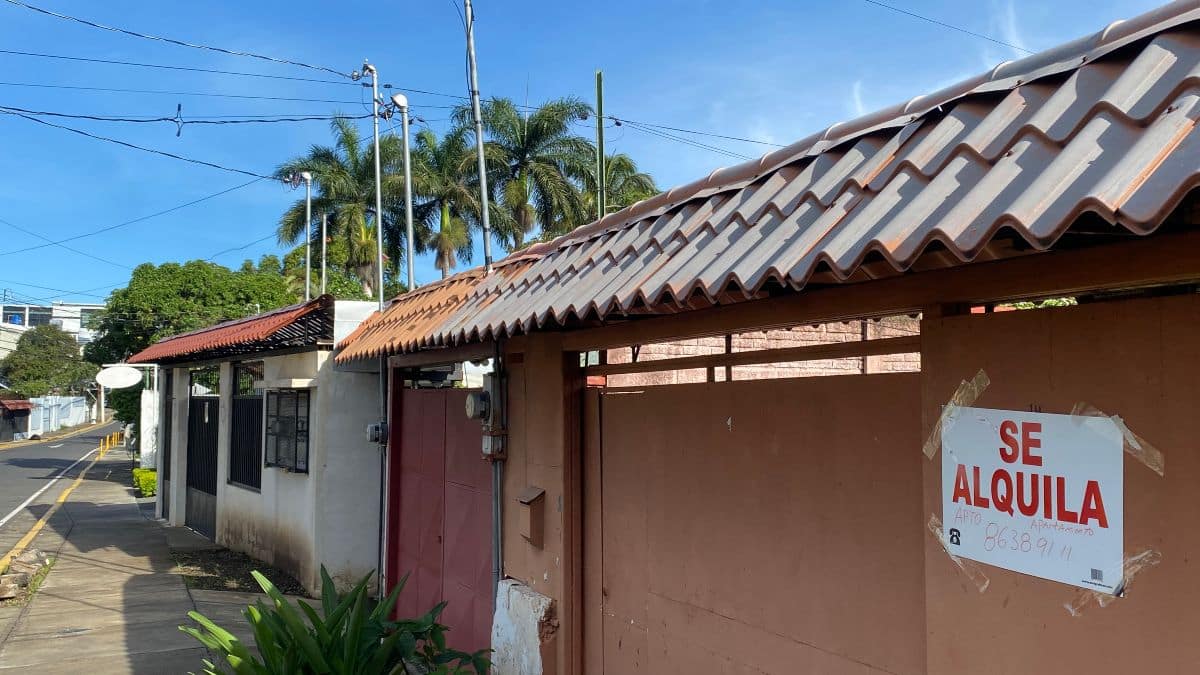Understanding Nicaragua labor laws is essential for expats hiring domestic staff. Learn current wage requirements, INSS regulations, and legal obligations in this comprehensive guide.
Chances are that if you live in the United States, Canada, or Western Europe you can’t afford domestic help. At least full-time domestic help. But one advantage of living in Central America is that this type of help is much easier to obtain. Like it or not, labor in Central America is much cheaper than most expats’ home countries, meaning that hiring housekeepers, cooks, gardeners, etc to look after your your home is something viable. But how much should you pay them? And what are the labor laws? For anyone thinking of employing local help, these are must-knows.
The question of how much to pay domestic workers in Nicaragua is a contentious topic of discussion among expats when it really shouldn’t be. After all, Nicaragua has clear labor laws. A recent social media conversation on the Expats in Nicaragua Facebook group highlighted widespread confusion about the legal requirements and appropriate compensation levels of household employees in one of Central America’s poorest nations. So we thought we’d try to clear things up in this article.
Local vs Expatriate Pay Rates
Nicaragua’s official minimum wage for domestic workers is 8,020 córdobas per month (about $220 USD). This baseline comes with mandatory benefits including social security enrollment, paid vacation, and an annual bonus. However, actual wages vary significantly depending on location and employer origin.
In Managua, most local employers pay around the minimum wage. In the aforementioned Expats in Nicaragua group conversation, one resident reported paying 8,000 córdobas monthly plus 400 córdobas for transportation, along with meals and personal care items. Others in the capital mentioned base salaries ranging from 5,000 to 11,000 córdobas. Several noted that while they pay above minimum wage, they know other employers who pay as little as 5,000 córdobas monthly, well below legal requirements.
San Juan del Sur, with its large expat population, shows markedly higher rates. Multiple employers reported paying $20 daily for eight-hour shifts. One resident pays $80 weekly plus meals, supplementing this with clothes for their employee’s children and extra groceries during holidays. Another provides $350 monthly as a flat rate, along with additional benefits and bonuses throughout the year.
Beyond Basic Wages
Transportation costs emerged as a crucial factor in total compensation. Most employers provide between 400 and 600 córdobas monthly for transport, recognizing this expense as a major burden for workers. “Paying for transport is wiser than paying more,” noted one resident. “This is a huge obstacle to workers coming to work, especially in rural areas.” Several employers found that reliable transportation money matters more to their staff than marginally higher base wages.
Beyond transport allowances, many employers provide additional support. Daily meals during work hours have become standard practice. Personal care items and laundry supplies frequently supplement base wages. Some employers help with school supplies for workers’ children or provide extra groceries during holidays. One employer described bringing back items from U.S. trips for their employee’s family, plus maintaining a grocery basket program and providing substantial holiday bonuses.
Nicaragua Labor Laws and Common Mistakes
Nicaragua’s labor code establishes specific obligations that many newcomers misunderstand. Workers must be registered with social security (INSS), where employees contribute 7% of their salary and employers contribute 21.5%. This registration ensures healthcare coverage and other essential benefits. The law mandates 30 days of paid vacation annually and a thirteenth month bonus in December. Standard work weeks cannot exceed 48 hours without overtime compensation at double the regular rate.
Several experienced residents warned about the consequences of ignoring these requirements. “Don’t shirk this,” cautioned one employer of 12 years. “People can complain to the labor board and you don’t want to deal with them.” Another shared a costly lesson: “You try to help employees by avoiding government payments, and in the end they can bring you to court and make you pay back for something you avoided paying government to help employees.”
The issue of retroactive claims particularly concerned many employers. Workers can pursue unpaid benefits through Nicaragua’s labor board for up to ten years. Several participants mentioned facing expensive claims from former employees who hadn’t been properly registered with INSS. This possibility makes proper documentation and compliance crucial from the start.
Legal Checklist for Expat Employers:
To summarize this section, every employer must:
- Register workers with social security (INSS)*
- Pay at least the minimum wage (8,020 córdobas monthly)
- Provide 30 days of paid vacation each year
- Give a thirteenth month bonus (aguinaldo) in December
- Keep work weeks to 48 hours unless paying overtime at double rate
*For social security, workers pay 7% of their salary while employers contribute 21.5%. This provides healthcare coverage and other benefits. Many new employers don’t realize these requirements are mandatory, not optional.
The North American Standards Debate
The Facebook discussion also revealed fundamental disagreements about appropriate compensation levels. Some expatriates advocated strongly for wages approaching North American standards. “Don’t be so cheap,” wrote one commenter. “If you be in your country it would be a lot more, so go half of your country’s wages and you will make this family very happy.”
This unrealistic perspective drew sharp criticism from many long-term residents who warned about broader economic implications. “And if you pay like you did where you came from, you screws up the economy by increasing what is EXPECTED… and it is a chain reaction… and then you price other locals out,” argued one participant. Several noted that even skilled professionals like doctors and lawyers in Nicaragua’s public sector often earn less than $500 per month, providing important context for wage discussions.
Successful Employment Practices
Many experienced employers have found effective approaches balancing fair compensation with local economic realities. One business owner of 18 years described their system: “We follow the rules here and give bonuses for results and arriving to work as scheduled. We find this works well.” This combination of reliable base pay with performance incentives appears frequently among successful long-term employment relationships.
Most successful packages include monthly base salaries of between 8,000 and 11,500 córdobas, transportation allowances, daily meals, and all legally required benefits. Documentation proves crucial – several residents stressed the importance of clear written agreements covering all aspects of compensation and expectations. As one 18-year resident advised: “Keep everything in writing and what the pay includes. If it’s $20 USD a day, does that include all the perks workers get and have rights to? If so you are probably paying $25.”
Finding the Right Balance
For Nicaragua expats seeking to hire a maid, cook, or any other type of household staff, understanding both the legal requirements and the local economic context is essential. Long-term residents suggest researching local market rates while ensuring compliance with labor laws. They emphasize the importance of clear written agreements detailing duties, compensation, and benefits.
Several employers note success with paying moderately above market rates while maintaining professional boundaries. This approach helps retain quality staff while avoiding the potential negative effects of excessive wages on local employment markets.
Rather than focus solely on salary figures, many recommend considering the total compensation package including meals, transportation, bonuses, and benefits. This practical advice reflects what many successful employers have learned: Following the Nicaragua labor laws while providing fair compensation creates stable, positive working relationships that benefit everyone involved.



